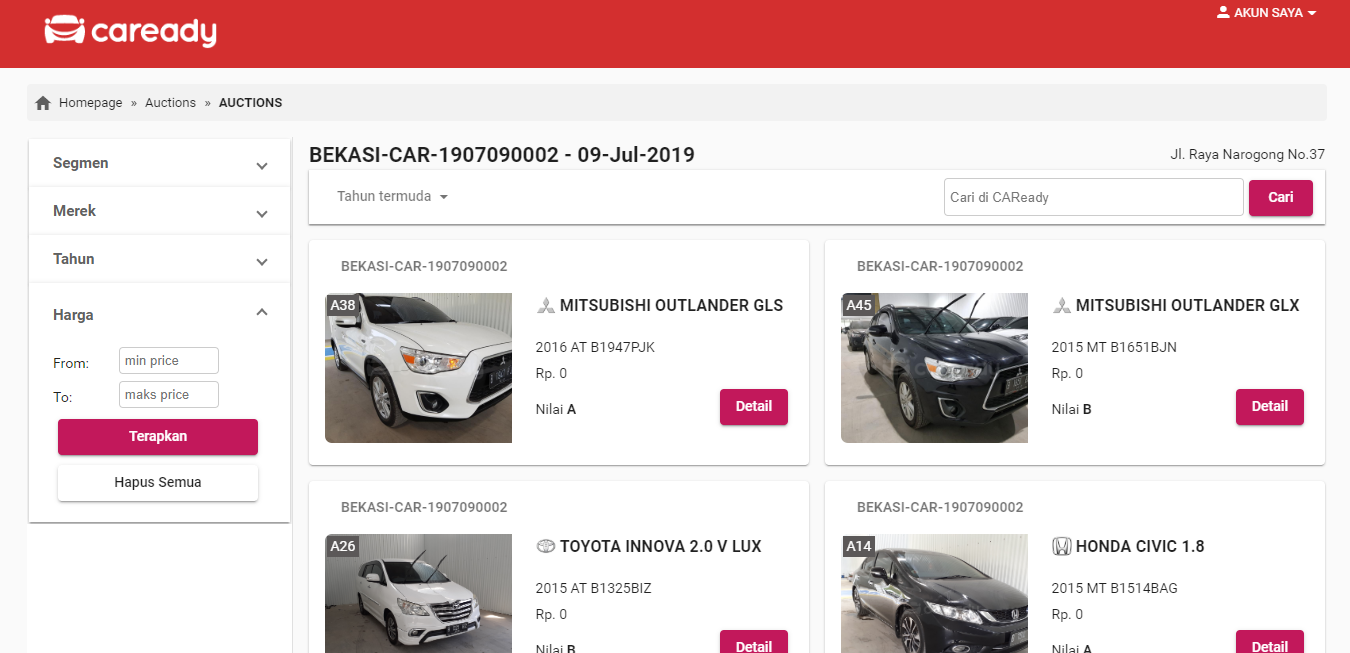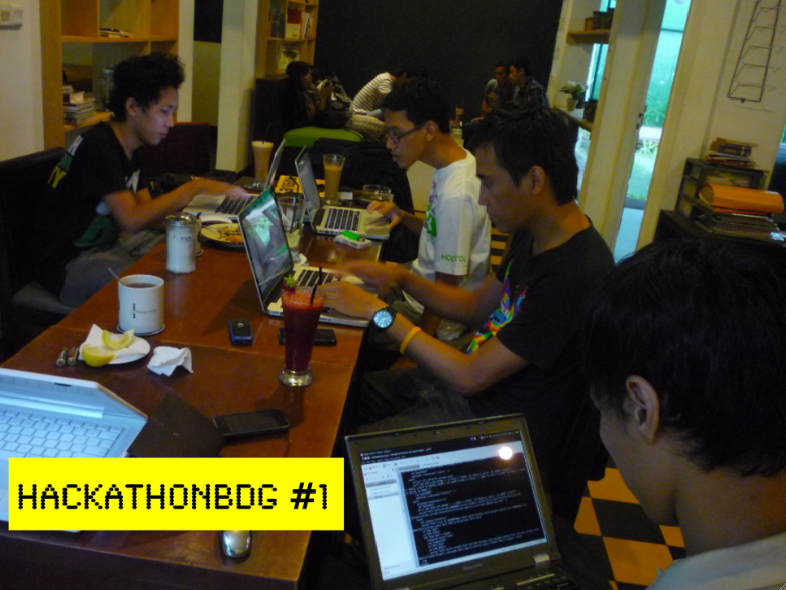The proliferation of taxi apps and private car hire services around the world is inevitable with companies such as Uber, Lyft, Hailo, EasyTaxi, GetTaxi, and myTaxi leading the charge. With these apps making their ways into cities across the world, Indonesia is one of the countries which have yet to see serious play by these apps and services.
The taxi industry in Indonesia is not very tightly regulated as it may be in many other countries. Cab drivers easily come and go and they easily switch not only between taxi companies but also outside of the industry. Unlike in other territories, there is no such thing as a medallion, certificate, or specific license that drivers need to apply for or purchase. Anyone with a driver’s license for a car can walk in to a cab company and apply to be a driver.
Drivers are however required to maintain their cabs in proper working order and in clean state or face consequences from the operating company although this is applicable on company level, not a regulatory requirement. As a result, cabs from certain companies tend to be in far better shape than others.
As far as many Jakartans are concerned, taxi companies are split into two groups, Blue Bird Group and non-Blue Bird Group. The gap in reputation and service quality had been so significant that a number of non-BlueBird taxi companies adopted BlueBird’s color to trick potential passengers into thinking they are hailing a Blue Bird cab. This practice was mostly put to a stop following complaints and lawsuits filed by Blue Bird a few years ago.
The reluctance by many Jakartans to use non-Blue Bird Group taxis extends to when they travel across the country and this is partially used by Blue Bird as one of its reasons to expand its reach beyond the capital city. Most other taxi companies in the country simply have yet to reach the level of trust in the eyes of consumers for them to comfortably hop on to their cabs. Express Transindo Utama, the number two taxi company in the country recently admitted that it only has 15% of the market in the greater Jakarta area and 10% nationally.
BlueBird Group is also the only taxi company in the country which handles reservations from mobile applications with its apps available for Android, Asha, BlackBerry, iOS, and Windows Phone. While this seems to open a significant opportunity for competitors to jump on board the mobile app, none has so far stepped up to the plate.
At Startup Weekend Jakarta last month, one of the teams presented a taxi app which aimed at making it easier for passengers to hail cabs and manage their taxi experience better with integrated billing, historical records, and taxi reporting/reviewing features. Much if not all of its features mirror those of other taxi apps available in other countries. At last year’s SparxUp Hackathon, Windows Phone app Taxify was the winning app from the dozen that presented at the end of the event. Unfortunately, neither of those apps have seen a roll out as it has been difficult for the teams to work with the cab companies.
Rocket Internet’s EasyTaxi recently received a USD 10 million investment to expand its services internationally while Uber just opened a range of job vacancies in several cities across Asia and Latin America, but Indonesia is a notable omission from those plans, at least from what information is available publicly.
It seems inevitable that these services will enter the country given their aggressive international roll outs, but it may require changes to how some taxi companies operate and it won’t be so easy. Even Jakarta-based Blue Bird, which has been working to expand its services across the country over the past couple of decades, has faced significant challenges both from local authorities in receiving operational permits and from local cab companies, many of which still operate without a taxi meter and enforcing turf restrictions to protect their traditional ways of doing business before allowing Blue Bird to operate in their cities.
There’s got to be a significant reason for taxi app companies to refrain from entering the Indonesian market at this point, even as demand for well organized taxi services is rising in cities across the country. Is Indonesia’s taxi industry still too wild to be tamed under digitally organized and centralized systems?











